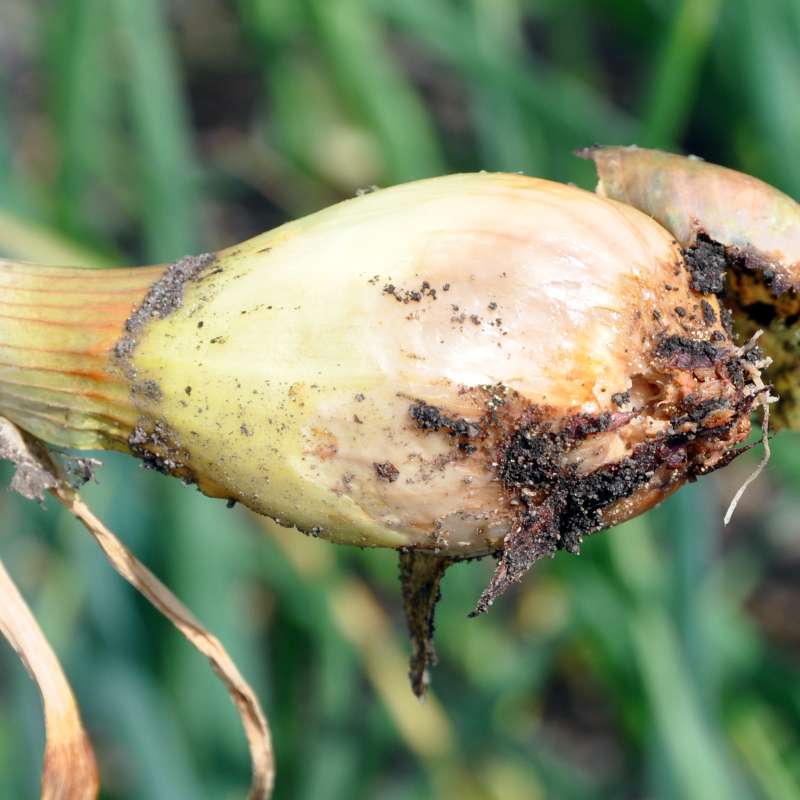Anne Muola
Research Scientist
Abstract
No abstract has been registered
Authors
Anne MuolaAbstract
Over the last 30 years temperatures in Europe have increased more than in any other continent. The effects of climate change are especially pronounced at high latitudes where longer growing seasons and increasing mean temperatures open new possibilities for crop production. At the same time, problems related to agricultural pest insects are likely to increase. Due to warmer temperatures, insect pests from more southern latitudes can shift their ranges towards north. Likewise, already existing pests can have better winter survival or even more generations per growing season. However, climate change related changes can also cause negative effects on agricultural pests. According to the climate change scenarios, the temperature increase in the Arctic area will be highest during the winter season. In coastal regions of Arctic area, the mean winter temperature can in the future stay close 0 °C which increases risk for freezing-thawing cycles. It is known that changes in winter climate (e.g. freezing-thawing cycles, increased rainfall) might impair the overwintering success of some pest insects resulting even in population decreases. Thus, the effects of climate change on insect pests are not necessarily straightforward and there are several gaps in our knowledge on how individual species will respond to changing climate, and the complex ecological mechanisms underlying these responses.
Authors
Anne MuolaAbstract
No abstract has been registered

